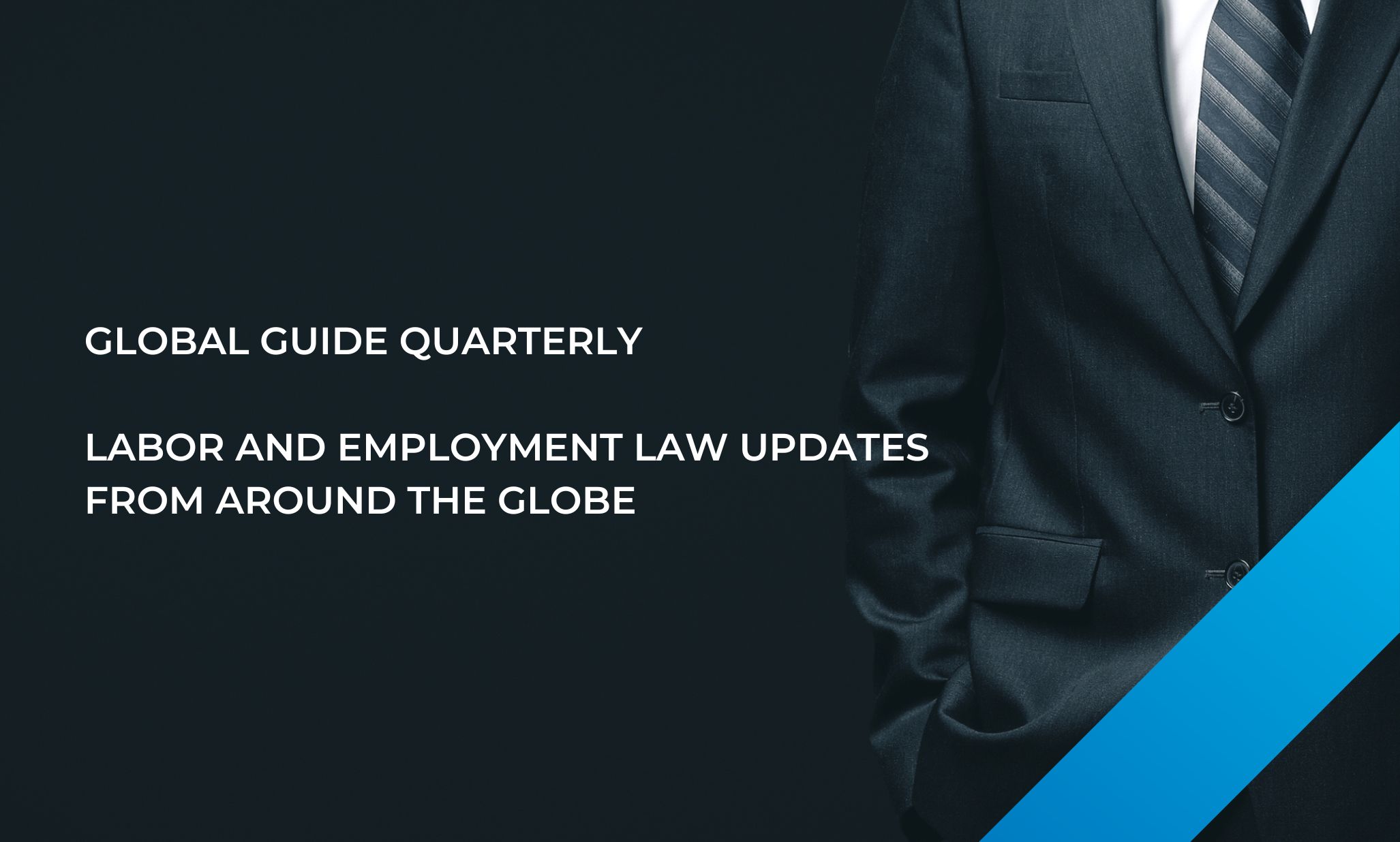

There is nothing in the law that prohibits anti-takeover devices. Notwithstanding this, Law No. 40 of 2007 regarding Limited Liability Companies (the Company Law) protects the interests of minority shareholders; minority shareholders who do not agree with the takeover can request the target company to purchase their shares at a fair price. Every shareholder is also entitled to institute legal proceedings against the company in the relevant courts if the shareholder is aggrieved by a decision of the general meeting of shareholders (GMS) or the boards.
Issuance of New Shares
The issuance of new shares requires shareholder approval at all times (article 41(1) of the Company Law). Shareholders have pre-emptive rights to acquire newly issued shares that are of the same classification as the shares they already hold (article 43(1) of the Company Law). This use of "classification" refers to shares with or without voting rights, shares with special rights to nominate members of the board of directors, shares that are to be withdrawn or exchanged with shares with a different classification, preferential shares and liquidation preference shares. Should the new shares be of a classification that did not exist among the company's initial shares, the Company Law governs that all shareholders have a pre-emptive right to acquire the newly issued shares according to the proportion of shares they own.
Public companies are similarly mandated by the Financial Services Authority to grant a pre-emptive right to shareholders to acquire newly issued shares based on their respective share ownership percentage.
Restrictions on Transfer of Fully Paid Shares
The Company Law does not prohibit restrictions on the transfer of fully paid shares, nor are there any implied prohibitions in the existing law. The articles of association (AOA) of a company may stipulate prerequisites for the transfer of shares, including the right of first refusal to non-selling shareholders or requiring prior approval from the GMS or the boards. Nonetheless, the Company Law obliges a company to have a minimum of two shareholders, except for companies whose shares are owned entirely by the state or companies that manage the stock exchange, clearing and guarantee institutions, settlement institutions and other institutions as regulated under Law No. 8 of 1995 regarding Capital Markets.
Compulsory Repurchase Rules
Generally, share repurchases are allowed insofar as such repurchases do not cause a company\'s net assets to become lower than its issued capital plus statutory reserve, and do not exceed 10 percent of the amount of issued capital in the company unless regulated otherwise in capital market regulations (article 37 of the Company Law). Share repurchases are not statutorily mandated, with the exception of shareholder appraisal rights.
This first appeared in the Lexology GTDT Corporate Governance 2020 global guide.
This publication is intended for informational purposes only and does not constitute legal advice. Any reliance on the material contained herein is at the user's own risk. All SSEK publications are copyrighted and may not be reproduced without the express written consent of SSEK.









